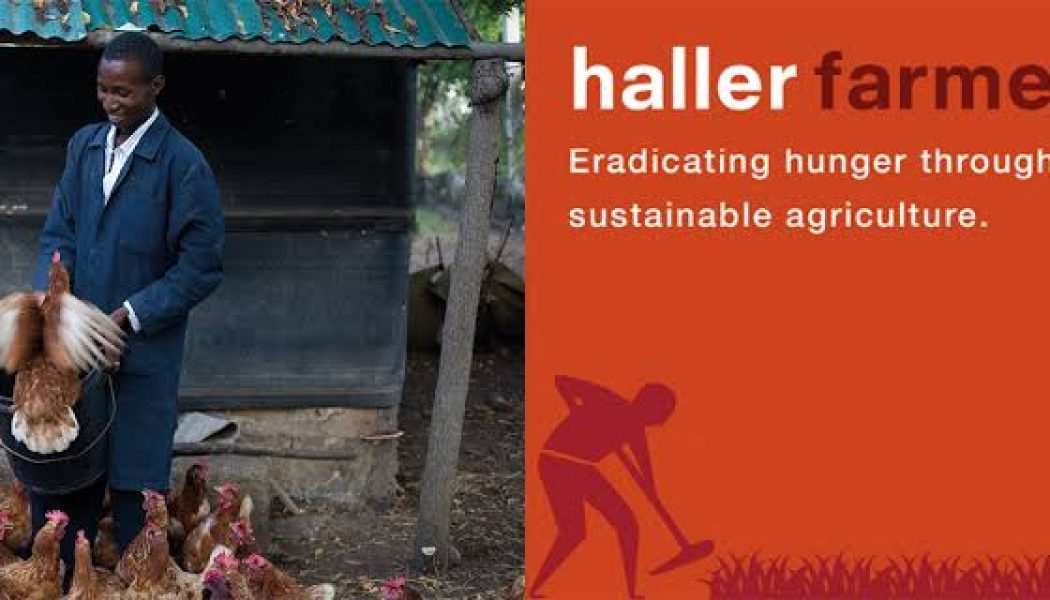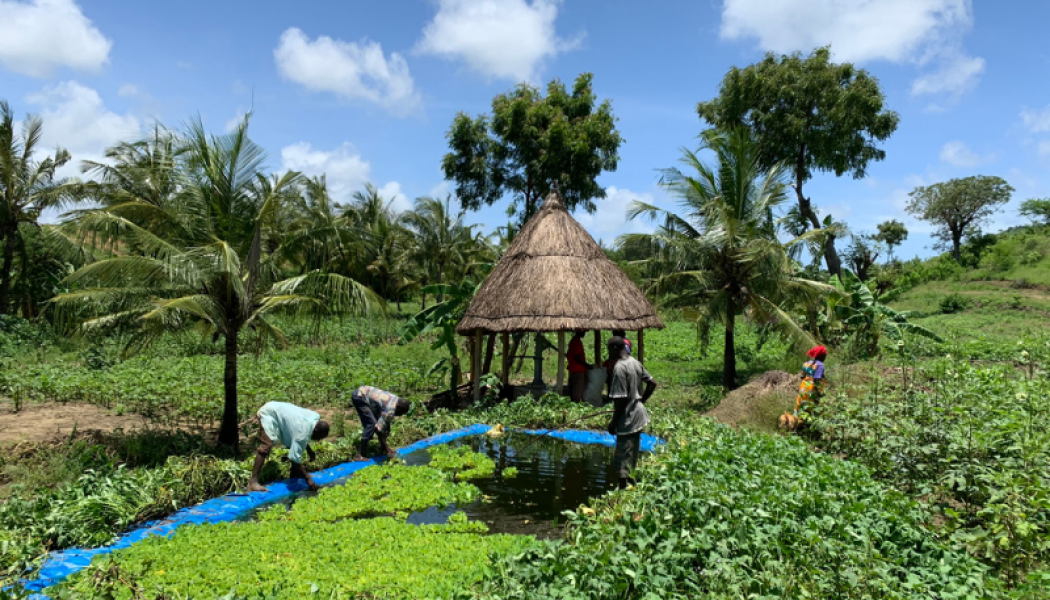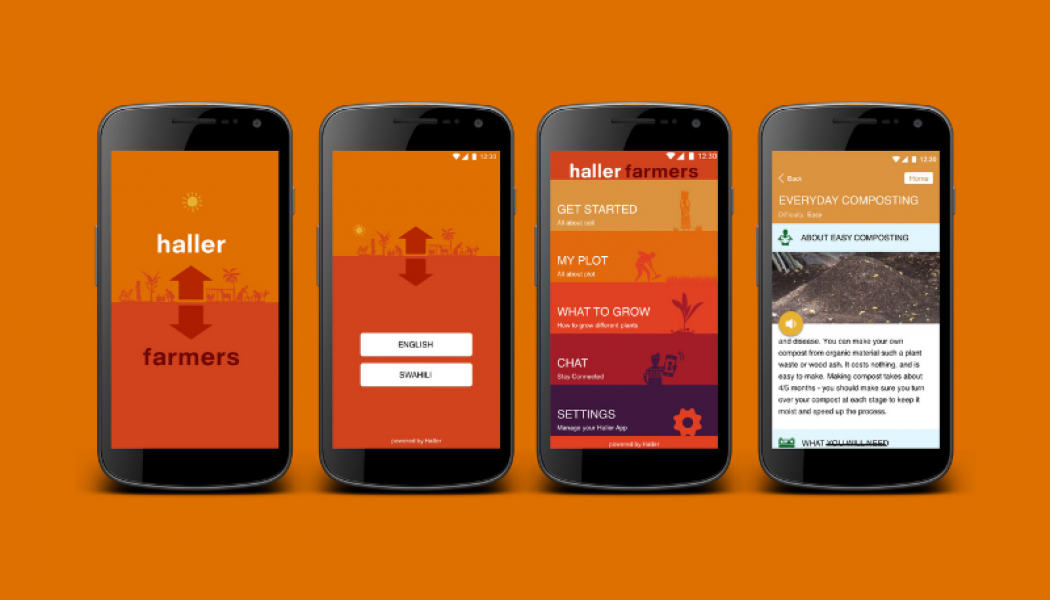Haller Farmers in Africa
Why Mobile Technology is Important to Rural African Communities
/* custom css */ .tdi_3_066.td-a-rec-img{ text-align: left; }.tdi_3_066.td-a-rec-img img{ margin: 0 auto 0 0; } Mobile technology is at the heart of Africa’s digital journey thanks to its ability to provide communities with improved work and economic improvements. A great example of how access to online resources is The Haller Foundation’s award-winning mobile app — Haller Farmers. To unpack this further, IT News Africa’s Jenna Delport spoke to Joseph Baraka, Community Project Coordinator at the Haller Foundation in Kenya. Here’s what transpired: Africa faces one of the biggest digital divides in the world — with that in mind, how does access to mobile technology allow rural communities to thrive in an increasingly innovative era? The use of mobile phones has increased drastically in...
How the Haller Foundation is Helping Smallholder Farmers Across Africa
The Haller Foundation is a grassroots organisation that guides communities through a holistic four-stage economic development model that is sustainable and environmentally sound. The model kick-starts a fragile farming community and, over a 3-year collaborative partnership, educates them to restore their soils, improve their environment and ultimately build the capacity to achieve economic resilience. Throughout the process, the organisation partners with the Ministries of Agriculture, Water, Health and local Government. And as an extension of its farmer training, the Haller Foundation uses its app — Haller Farmers — as well as Africa’s increasing mobile penetration, to reach those communities who they cannot reach directly. It all started in the 1970s when Dr Rene Haller, an a...
3 Reasons Why African Farmers Should Use the Haller App
Climate change combined with unsustainable farming practices have exhausted the soil across Africa. In addition to the growing lack of arable land, agricultural knowledge and education have proven to be in short supply. With this in mind, the Haller Foundation — a UK registered charity and Kenyan NGO — devised a plan to provide farmers across the continent with the information, skills and infrastructure they need to thrive through an award-winning mobile app called Haller Farmers. Here are three reasons why African farmers should use the app: 1. Haller Farmers has been designed by farmers for farmers /* custom css */ .tdi_3_65f.td-a-rec-img{ text-align: left; }.tdi_3_65f.td-a-rec-img img{ margin: 0 auto 0 0; } Initially launched in 2014 and redeveloped as a native, downloadable...
Why Africa’s Youth Needs Access to Agricultural Knowledge and Tools
In recent years, Africa’s younger generation has begun to associate farming with bare sustenance and discard it as a viable career path. Despite farming being a fundamental part of society, training and education on sustainable agriculture in school curriculums is neglected and underfunded at government level. To unpack this further, IT News Africa’s Jenna Delport spoke to James Konde, Head of Farmer Training and App Development at the Haller Foundation in Mombasa, Kenya. Here’s what transpired: The Haller Foundation is a UK registered charity and Kenyan NGO that was set up to educate rural farmers. How is the foundation tackling the youth’s lack of interest in agriculture? /* custom css */ .tdi_3_dd6.td-a-rec-img{ text-align: left; }.tdi_3_dd6.td-a-rec-img img{ margin: 0 auto 0 0; }...
Why Access to Technology is Critical for Farmers in Africa
The African continent is home to an estimated 65% of the world’s uncultivated arable land, an abundance of fresh water and about 300 days of sunshine each year, according to the World Economic Forum. However, the reality is that the agriculture industry is mostly made up of the older African generation — who often discourage their children from working with the land. So despite seemingly ideal farming conditions, African nations spend close to $65 billion importing food — a number that is expected to grow exponentially within the next decade. The African Development Bank (ABD) believes that this is unsustainable and unaffordable — noting that the secret to the continent’s economic viability and growth is to equip farmers, as well as the next-generation, with training, advice an...







